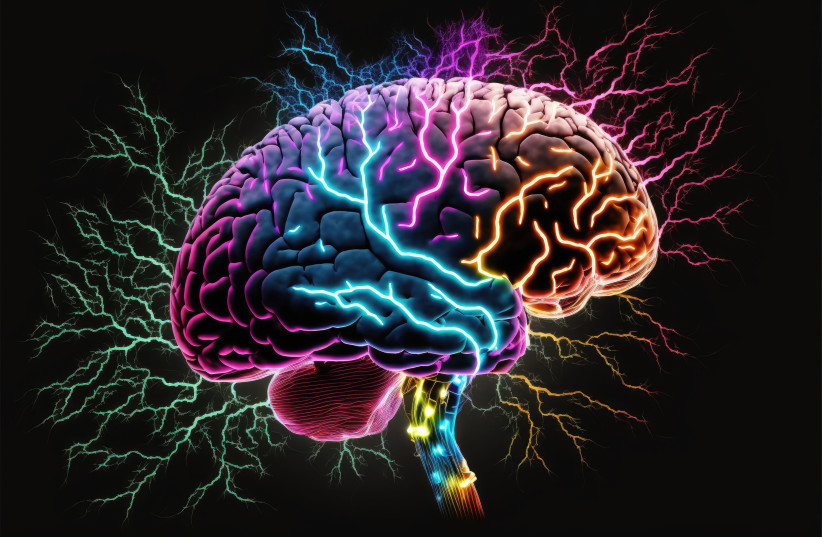Forgetfulness is one of the most irritating and bothersome consequences of our brain activity, but it turns out that being forgetful might not be so bad – in fact, it may be a deliberate form of adaptation, according to a recent study.
The findings of this study were published in the peer-reviewed academic journal Cell Reports.
As our world is constantly changing, the researchers behind this study argue that forgetting is actually the perfect way of learning.
Don't forget: Forgetting is good, remember?
If you ever forgot something, chances are you wouldn't remember it. That is, after all, the very point of forgetting something: Your brain essentially no longer retains information that it previously did.
Naturally, one might assume that this is a sort of screw-up on the part of your brain. A deficit in its functionality.

However, that may not be the case.
When the brain learns something and absorbs information, there are physical changes that occur in the brain's neurons and synapses.
This process is then facilitated by engram cells, which help store memory, consolidate it, retrieve it, and forget it. What happens to engram cells when something is forgotten isn't clear, though. But considering memory can sometimes come back even when forgotten, the cells likely don't just vanish.
To figure out what happens to them, researchers from Ireland tracked the engram cells in mice to see what happened when they were forgotten. Then, they were able to stimulate the cells with light, which seemingly reactivated the cells and the previously forgotten memories.
These cells were also found to reactivate normally, should more information be given to the mice that related to the forgotten memories.
This discovery has several implications, but what stands out the most is:
- "Naturally forgetting" something is often a reversible process.
- When you "forget" information, that information hasn't actually vanished, it's just hidden away.
But why does the brain just forget things?
The theory behind it is that by forgetting things, which still exist in the brain, it is possible for the mind to adapt. This can lead to more flexibility and better decision-making, rather than relying on memories not relevant to the situation at hand.
But the fact that these memories can be retrieved holds incredible significance for future research.
"By logical extension, forgetting occurs when engram cells cannot be reactivated. However, it is increasingly becoming clear that the memories themselves are still there, but the specific ensembles are not activated and so the memory is not recalled."
Dr. Tomás Ryan
"By logical extension, forgetting occurs when engram cells cannot be reactivated. However, it is increasingly becoming clear that the memories themselves are still there, but the specific ensembles are not activated and so the memory is not recalled," explained lead author Dr. Tomás Ryan of Trinity College Dublin. "It's as if the memories are stored in a safe but you can't remember the code to unlock it."
Consider that several conditions, such as Alzheimer's, are characterized by memory loss. Because these memories can sometimes return in lucid periods, that means the engram cells are still there. It also could mean that, in theory, there may be a way to help treat them.
But that's a subject for future research to explore.
